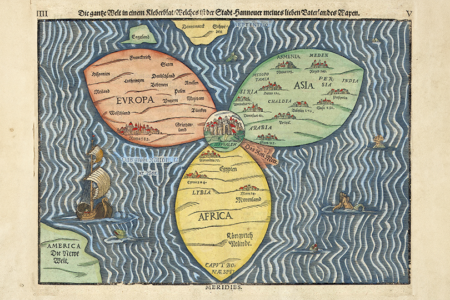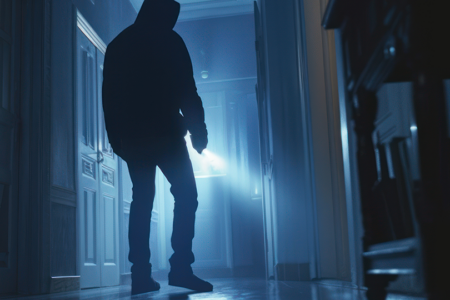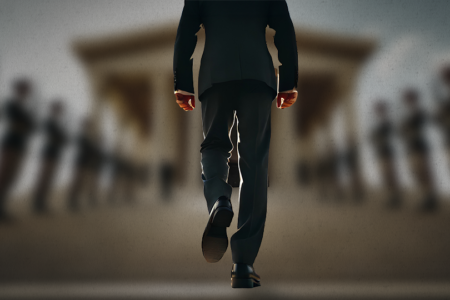Understanding Jewish Tradition Aug/Sep 1978
The Bar Mitzvah
Nathan excitedly jumped out of bed and quickly dressed. His mind raced through the activities he would be experiencing this day. Like other boys his age he had spent a number of years preparing for this special day. Not only was it his thirteenth birthday, but it was the sabbath in which he would celebrate his bar mitzvah (Lit. son of commandment).
For a Jewish boy, his bar mitzvah marks the day he is accepted into the congregation as a religious adult. Some have asked, “Why do Jewish boys have their bar mitzvah at thirteen?” At thirteen the boy is considered to be physically mature. Thirteen is mentioned in Jewish literature and tradition as the accepted age to assume religious responsibilities. He is now expected to perform all the religious duties, responsibilities and privileges of Judaism. In some congregations a boy is not permitted to have a bar mitzvah until he passes an examination in Hebrew and the teachings of Judaism. A number of rabbis believe that the concept of the bar mitzvah was set forth in the law given to Moses at Sinai, but there is no scriptural proof for this belief.
Four privileges are bestowed on the boy at his bar mitzvah. First, he is counted with the men who make up the minyan (ten men required for worship service). Secondly, he is permitted to wear tefillin (phylacteries) when he offers morning prayers. Thirdly, he will now be called on to read the Torah during the sabbath service. Although he is religiously an adult, he will not be called upon to lead in the worship service until he reaches the age of eighteen. Fourthly, he is legally able to become a member of the bet din (Jewish court), but because of his immaturity in legal matters this seldom happens.
Judaism teaches that a son receives the merit of his father and is liable to suffer for his parents’ sins up until his thirteenth birthday, after which he bears his own sin. During the boy’s bar mitzvah service his father will recite, “Blessed is He who has now freed me from the responsibility of this one.”
The bar mitzvah service is held on the first sabbath following his thirteenth birthday. The boy is called to the bimah (platform) for public reading of the Torah and reciting of the benedictions. He will also chant the Haftorah (portions from the prophets) reading of the day. Some boys who show great ability in Hebrew will be allowed parts of the sabbath service at their bar mitzvah. The boy’s family is also called to the platform for the reading of the Torah during the service.
After the sabbath service an elaborate banquet is given by the boy’s family in his honor. The guests at the banquet will present the boy with beautiful gifts. Many times the boy will recite a bar mitzvah derashah (Lit. talmudic discourse) at his banquet. In the discourse the boy will thank his parents for their love and care over the years. He will also thank those participating in the day for their beautiful gifts.
Many reform congregations hold a confirmation service rather than a bar mitzvah. The service is held for the young people when they reach sixteen years of age or older. Reform Judaism reasons that at thirteen the boy cannot understand the implications of a religious commitment and many will take it too lightly. Another reason for a late confirmation was to give more religious instruction to the boy. Often a class of young people are confirmed rather than an individual. Those participating in the confirmation service will recite various portions of the Torah and give a verbal affirmation to the Jewish faith. The confirmation is usually held on the first day of Shovuos (Feast of Weeks).
Today, many boys hold their bar mitzvahs in Israel at the Western Wall or at the top of Mt. Masada down by the Dead Sea.
Bat Mitzvah
The confirmation for a girl is called a bat mitzvah (Lit. daughter of commandment). Girls celebrate their bat mitzvah at the age of twelve rather than thirteen since they reach physical maturity earlier than do boys. The bat mitzvah is fairly recent and not practiced by all Jewish groups. In Israel only a party is held for the girl, but in the United States a ceremony is held in the synagogue. There is no specified service for a bat mitzvah. In some synagogues the girl’s father and brothers are called to read Torah, and a gift is presented to her.







